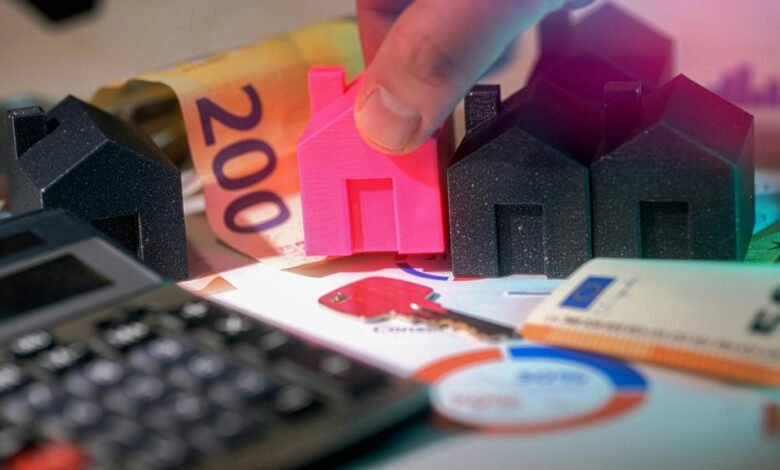9165475906: Real Estate Trends for the Modern Investor

The real estate landscape is evolving significantly, influenced by sustainability, remote work, and technological advancements. Investors must understand how eco-friendly practices can enhance property values and how shifting work habits are altering housing preferences. Furthermore, technology is transforming investment strategies through tools like virtual tours and data analytics. These trends present both challenges and opportunities, prompting a reevaluation of traditional investment approaches. What strategies will define success in this new environment?
The Rise of Sustainable Building Practices
In recent years, a significant shift towards sustainable building practices has emerged within the real estate sector, reflecting a growing recognition of environmental concerns among investors and developers.
This trend emphasizes the use of eco-friendly materials and the attainment of green certifications, which not only enhance property value but also cater to a market increasingly driven by sustainability and social responsibility, offering investors a competitive edge.
Impact of Remote Work on Housing Demand
The shift towards remote work has fundamentally altered housing demand patterns across various markets. Increased flexibility has fueled a significant urban exodus, as individuals pursue remote relocation to suburban and rural areas.
This trend is characterized by heightened demand for larger homes with dedicated workspaces, reshaping real estate dynamics and prompting investors to reassess property values and investment strategies in response to changing lifestyle preferences.
Technology’s Role in Real Estate Investing
Amid the ongoing shifts in housing demand driven by remote work, technology has emerged as a transformative force in real estate investing.
Virtual tours enable potential buyers to explore properties remotely, enhancing accessibility and broadening market reach.
Meanwhile, data analytics empowers investors to make informed decisions by analyzing trends and property values, ultimately fostering a more agile and strategic investment approach in a dynamic landscape.
Conclusion
In conclusion, the modern real estate investor must not only adapt to sustainability and remote work trends but also critically examine the theory that technological advancements can create a more equitable market. While technology enhances accessibility and informed decision-making, it may also widen the gap between seasoned investors and newcomers. Thus, navigating these evolving dynamics requires a nuanced understanding, ensuring that investors leverage technology responsibly while promoting inclusivity and social responsibility within the real estate landscape.





